The profession of the "còdega"
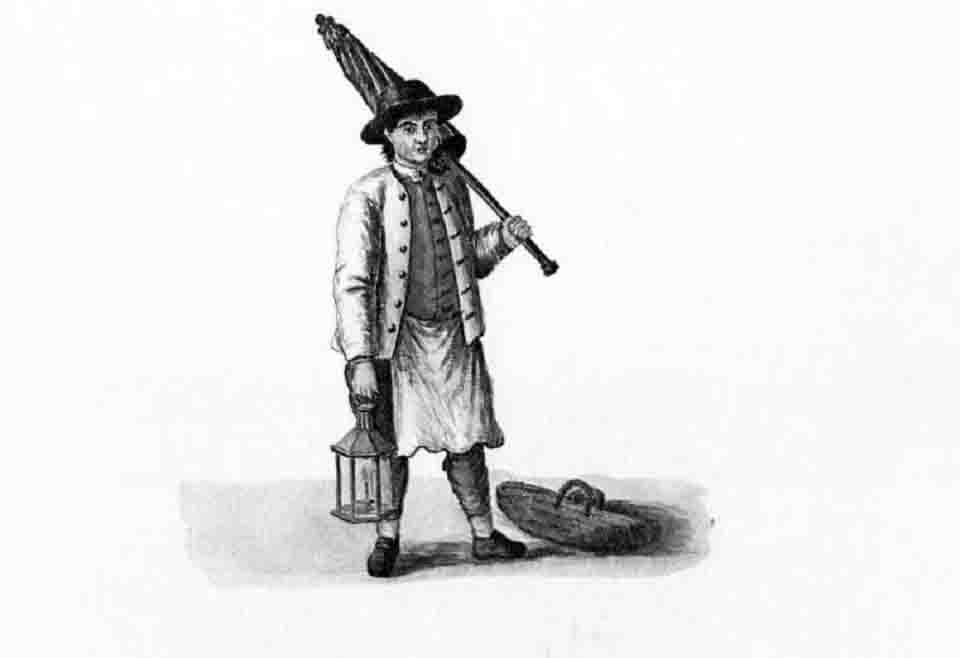
Around 1450 a profession was born that was proposed to Venetian citizens with scarce economic resources, without any kind of education or competence being required. The need for the institution of this new profession was proposed by the Doge, regarding the increase in the number of attacks and night robberies: a law was approved that made the use of the lamp obligatory for those who were in the city during the darkest hours of the night, in such a way as to discourage the ill-intentioned in front of the presence of light. As a result of the approval of the law, the Venetians got into the habit of walking around the streets equipped with candles, lamps, and small lanterns. Those who didn't have to personally take care of this private lighting were the nobles, who promised a "bellboy of light" a reward if he would accompany them to their homes holding the "mòccolo", or lantern. In a Venice illuminated only in the early hours of the night by the "cesendeli" or oil lamps hanging from the city walls, and which therefore didn't have public lighting, the professional figure of the "còdega" was born: the ancient ruler of mòccolo.
Where does the term "còdega" come from and how has it evolved over time?
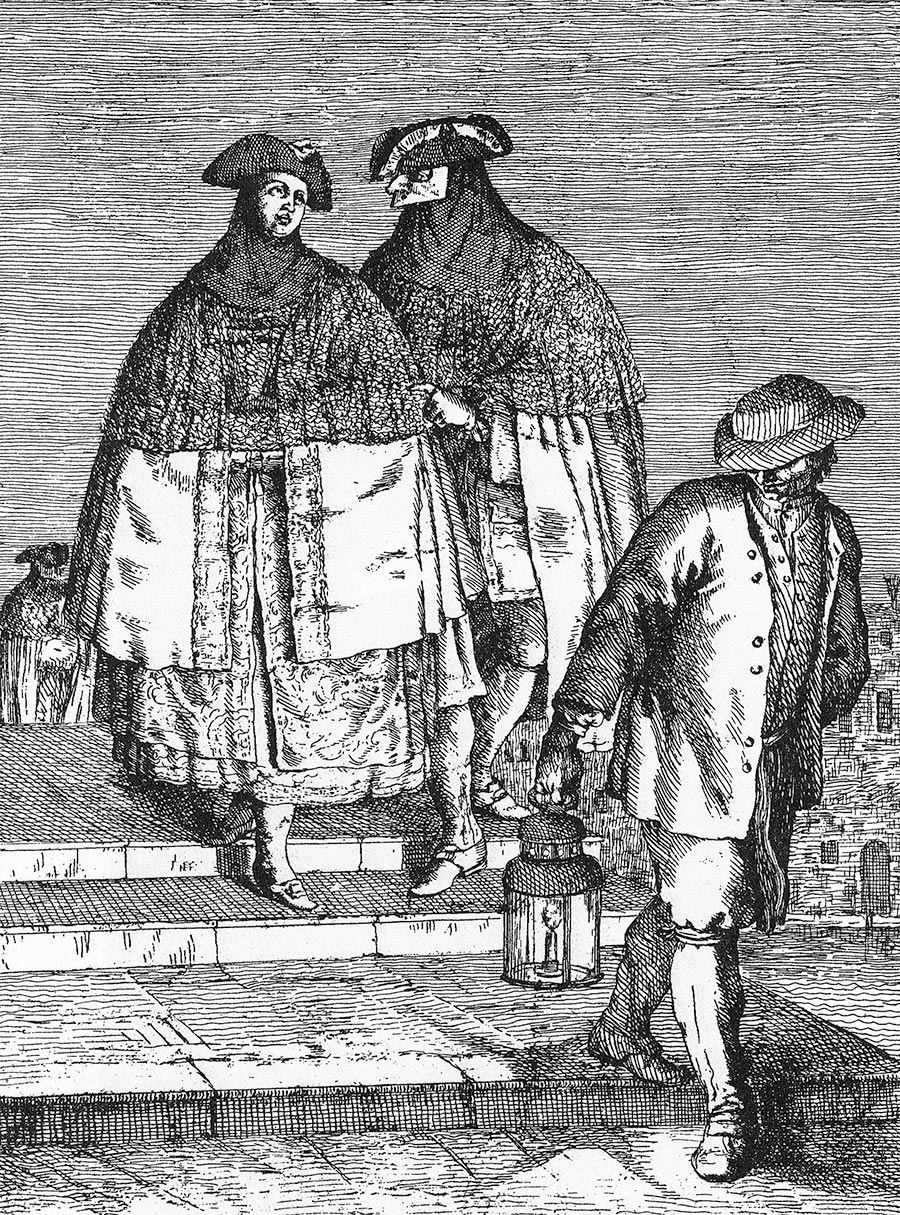
Probably derived from the Greek word "odegos (οδηγός)", or "guide" or "driver", or from the name of the lamp hanging from the cabin placed in the center of the gondola powered by the oil extracted from the pork rind, precisely the "còdega", the history of etymology suggests clear references to an ancient Venice that over time has evolved both from the industrial point of view and from the point of view of language, offering different meanings to past terminologies such as that of the "còdega". When the role of "bringer of light" was no longer needed, the term began to indicate something else. For example, the term "còdega" was associated with the gentlemen who accompanied the girls home after the shows or even the task of those who welcomed tourists with umbrellas (in case of rain) on behalf of the hotels.
In addition to accompanying the people who had to return home at night, this figure was often called by men to accompany them during the appointments with their women, and was perhaps the most informed person on the gossip and indiscretions of the nobility as, often, they told the secrets and gossip of the Venetian palaces. Today the term is still present in Venetian language, as in the expression "far ed còdega", that is, holding the moccolo or the candle, with the intention of indicating a person "too many", being the "third wheel".
This term, in addition to having also become a surname of the city, is also the name of an international award in the field of lightening design that is usually held in the Riviera del Brenta area, the so-called "Còdega Award International Lighting Design Prize".



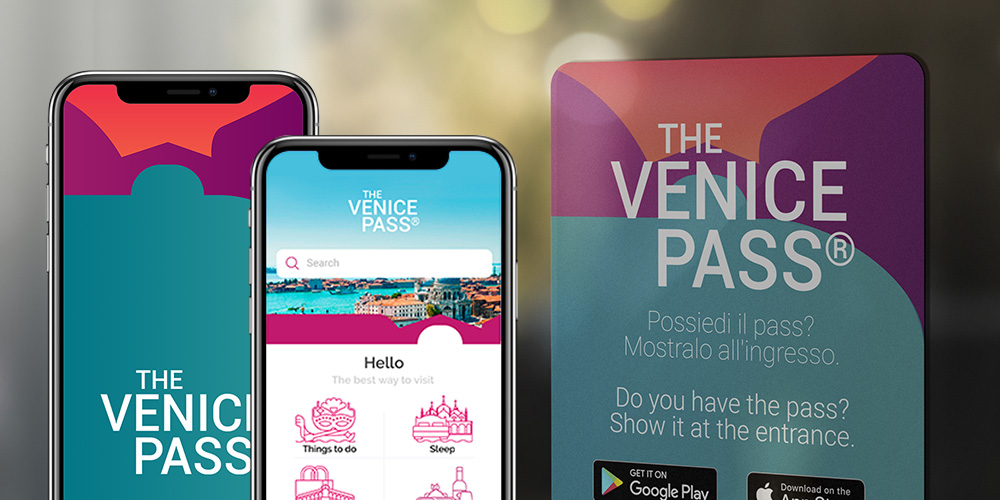
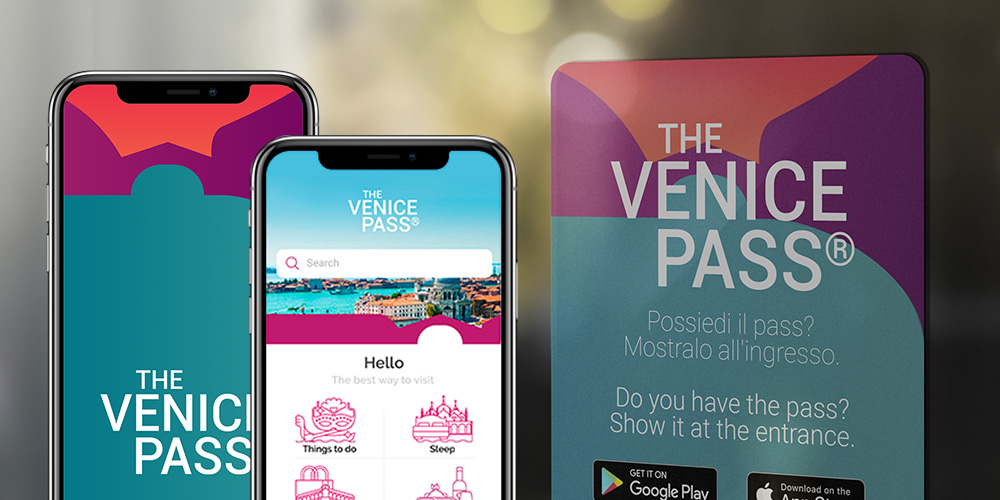
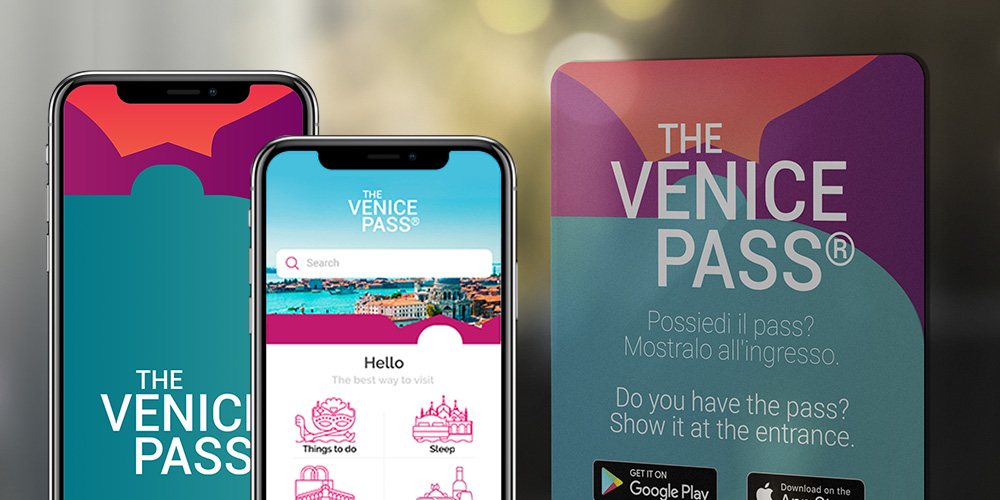
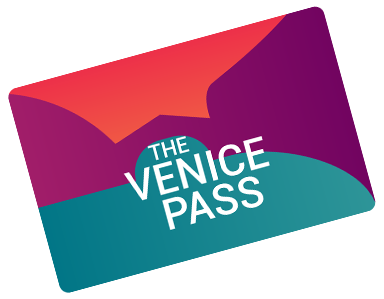


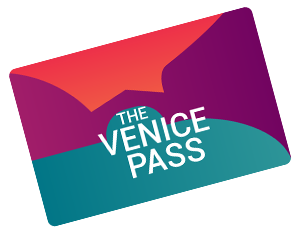
Lascia un commento